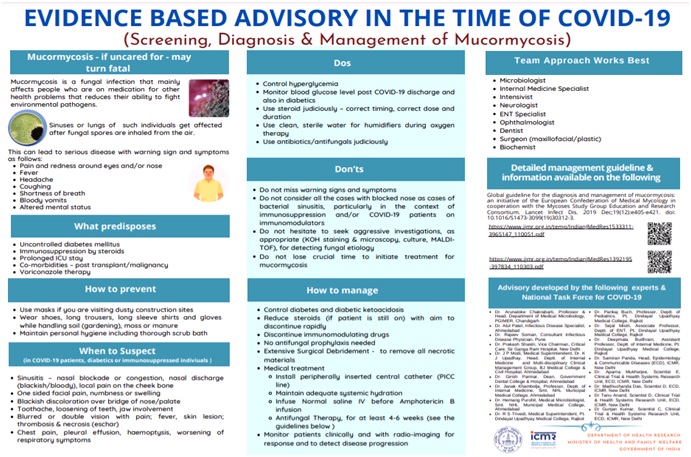In a digital age dominated by screens and social media, a new study sheds light on the potential consequences of excessive internet use among teenagers. Published online in the Archives of Disease in Childhood, the research reveals a concerning link between spending too much time online and increased rates of truancy and school absence due to illness among adolescents.
Led by researchers from Finland’s Institute for Health and Welfare, the study examined data from over 86,000 students aged 14 to 16, aiming to understand the impact of excessive internet use on school attendance and identify potential protective factors.
The findings suggest that teenage girls may be particularly vulnerable to excessive internet use, with social media likely playing a significant role in their online activities. However, certain factors such as adequate sleep, regular physical activity, and strong parent-child relationships were found to mitigate the risks associated with excessive internet use.
Using a validated Excessive Internet Use (EIU) scale, participants were asked to assess various components of their online behavior, including compulsion, neglect of family and friends, anxiety when offline, and disruptions to eating and sleeping patterns. Alarmingly, over 2% of participants scored the maximum rating for excessive internet use.
The study revealed that spending too much time online was associated with a heightened risk of both truancy and medically explained school absences. Girls were significantly more likely than boys to fall into the category of excessive internet use, possibly due to their higher engagement with social media platforms.
Notably, positive parent-child relationships emerged as a key protective factor, with adolescents who felt comfortable sharing concerns with their parents exhibiting a significantly lower risk of truancy and school absence due to illness. Additionally, adequate sleep and regular physical activity were associated with reduced rates of school absenteeism.
While the study’s observational nature precludes firm conclusions about causation, the findings underscore the importance of promoting healthy screen habits and fostering strong family connections among teenagers. As digital media continues to play a prominent role in adolescents’ lives, efforts to address excessive internet use and its potential impact on academic performance and well-being are increasingly vital.
“These results have important implications for the promotion of health and educational attainment,” the researchers noted. “Professionals in school health and wellbeing services should be mindful of the potential impact of excessive internet use on student attendance and well-being, and work collaboratively with families to address these concerns.”











